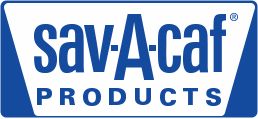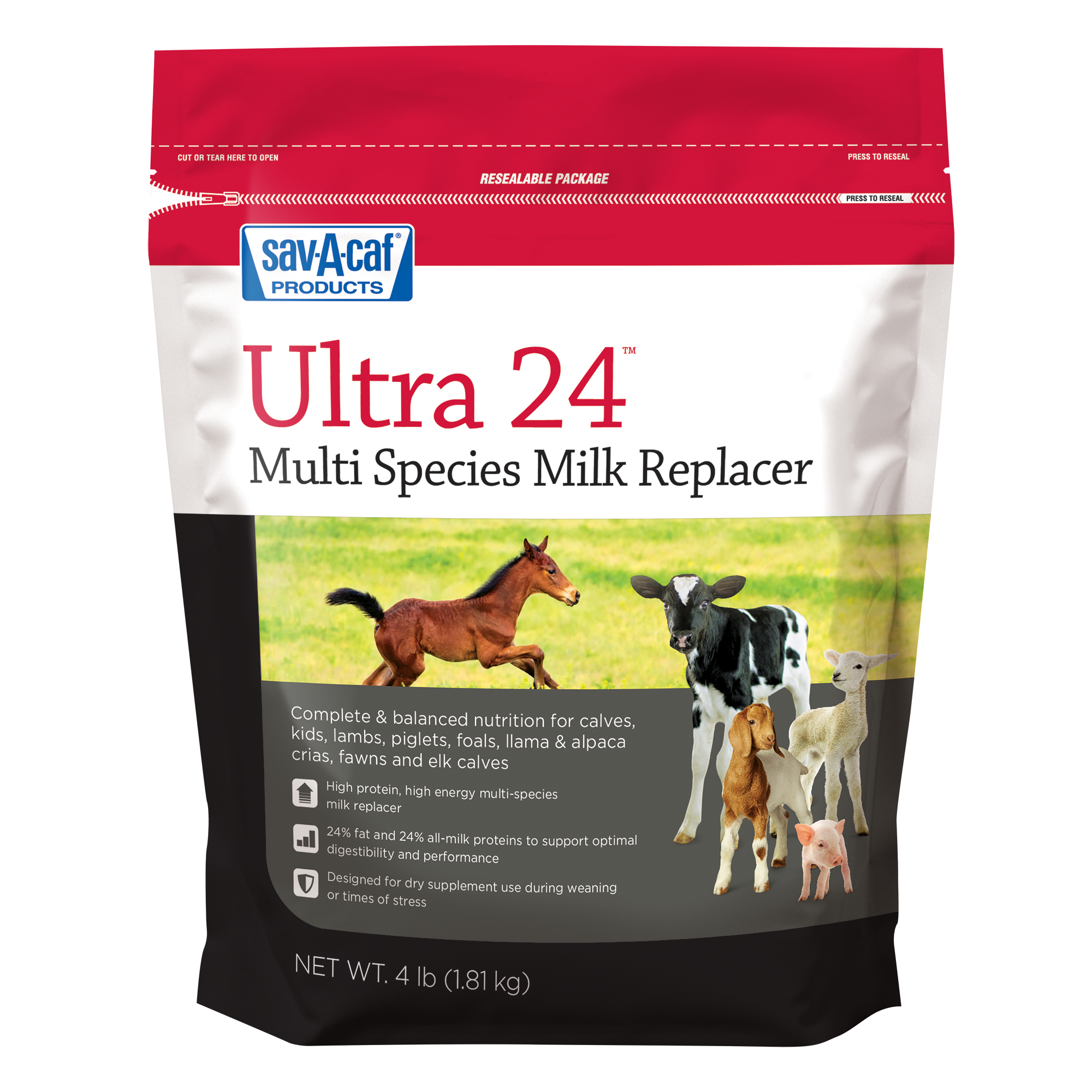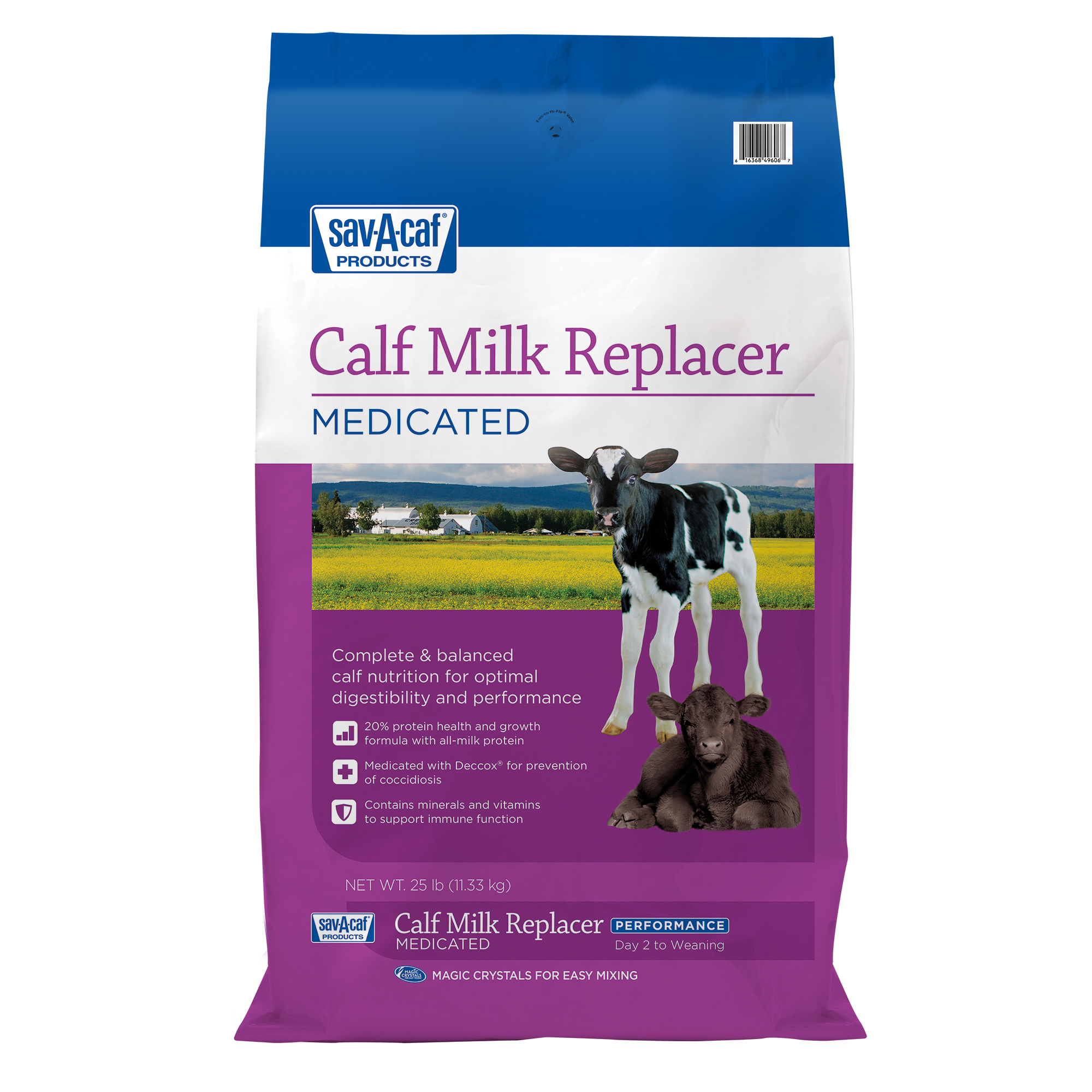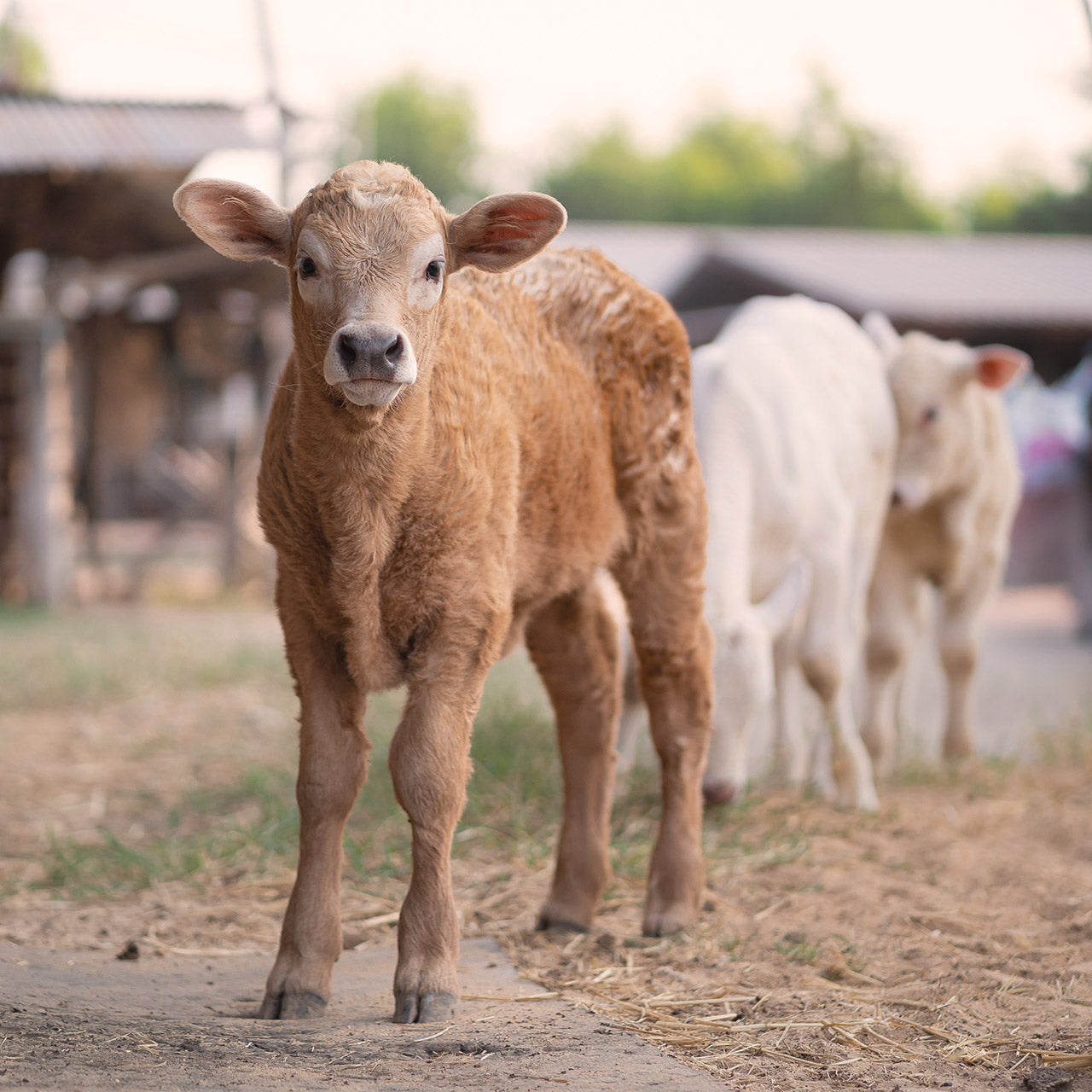
5 Essentials for raising healthy calves
Your calves are off to a great start. But is their nutrition program on par? By ensuring proper nutrition and care for your calves, you can set them up for a healthy and productive life.
The first weeks of a calf’s life sets the stage for their growth and development. Providing the proper nutrition and quickly reacting to any early signs of stress or illness can help keep your calves growing and healthy.
1. Milk or Milk Replacer
Milk or milk replacer is the primary source of nutrition for calves during the first two to three months of life until weaning. When selecting a milk replacer, look for one specifically formulated for calves. Milk replacers will provide your calves with the optimal blend of energy i.e., carbohydrates and fat, protein, vitamins and minerals. Be sure to follow the mixing instructions listed on the package of the specific product you are feeding.
Calves thrive on routine, so it is best to feed your calf twice a day at the same time in the morning and evening. If possible, a third feeding can provide beneficial added nutrition for your calves to grow efficiently.
2. Starter Grain
Free-choice calf starter grain can be introduced to calves when they are a few days old. A good starter grain should have at least 18% protein. Calves are born as monogastrics with a stomach adapted for digesting milk. Cows, however, are ruminants with a four-part stomach built for digesting large quantities of forage. Feeding calves starter grain will help optimize rumen development by increasing the size and population of beneficial bacteria in the immature rumen. Refrain from feeding forages, which can slow rumen development, to calves until after they weaned.
3. Water
Don’t forget the water! Water is another important element of calf nutrition. Providing calves with clean, fresh water will encourage them to drink plenty of water, which will also enhance starter grain intake and rumen development.
4. Stay Ahead of Stress
Calves are more prone to stress during times of extreme temperature shifts, vaccinations, transportation or weaning. In times of stress, calves can experience health challenges such as scours.
“If your calves get scours, it’s crucial to immediately rehydrate and replenish electrolyte loss,” says Olson. “Feeding an electrolyte supplement, in addition to regular milk feedings, can help support a calf’s immune system while fighting off infection.” Check out the Sav-A-Caf® Electrolytes Plus™ Supplement.
5. Keep Equipment Clean
It’s also important to keep feeding equipment clean to avoid the growth and passing of pathogens. Here are a few important tips:
- Always use a separate bottle or pail for each calf.
- Make sure to wash pails, bottles and nipples in hot, soapy water and rinse well after each feeding.
- Moisture can create an optimal breeding ground for bacteria, so it is important to allow equipment to dry thoroughly between feedings. If drying conditions are poor, consider drying the equipment with a clean towel.
The first few months of a calf’s life are the foundation for their whole life. By optimizing their nutrition and providing immune support during times of sickness or stress, you can help ensure calves have a healthy, productive life.
Learn more about raising calves or like My Farm Journey on Facebook.
Find Solutions for Your Animals
-
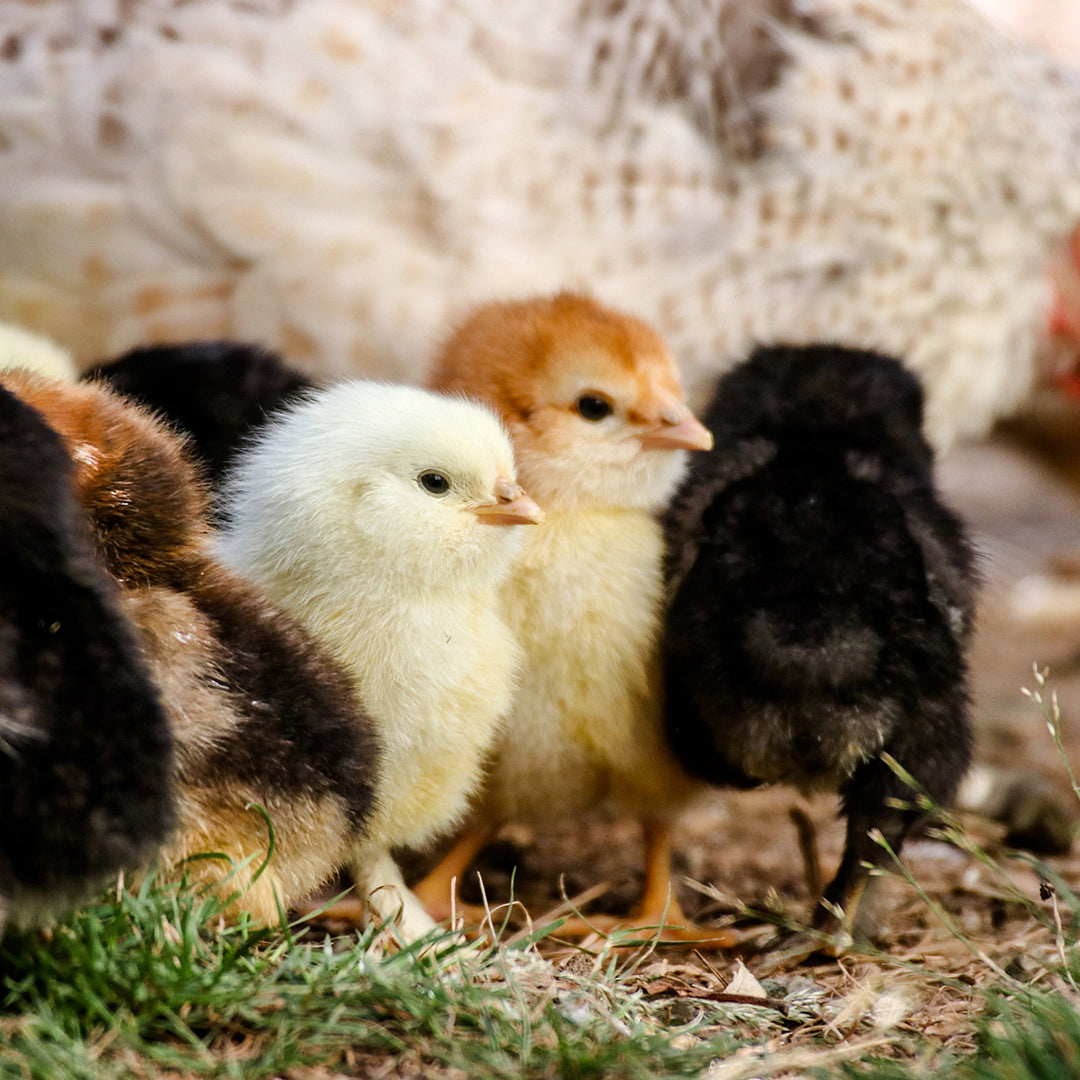
Whether housed in a coop or free ranging on your farm, your birds are exposed to multiple threats every day that could cause illness or impact their well-being. Now there’s a way to be more proactive with regular support for...
-
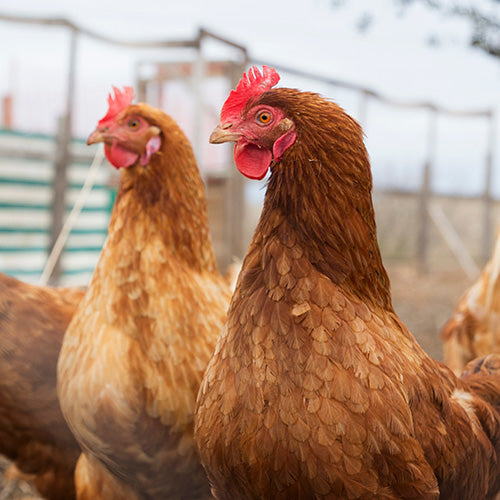
You’ve raised your chicks to adulthood and now they’re fully feathered hens. Way to go! Now, you get to enjoy their eggs and companionship for years to come. To maximize their life, support their production potential and kee...
